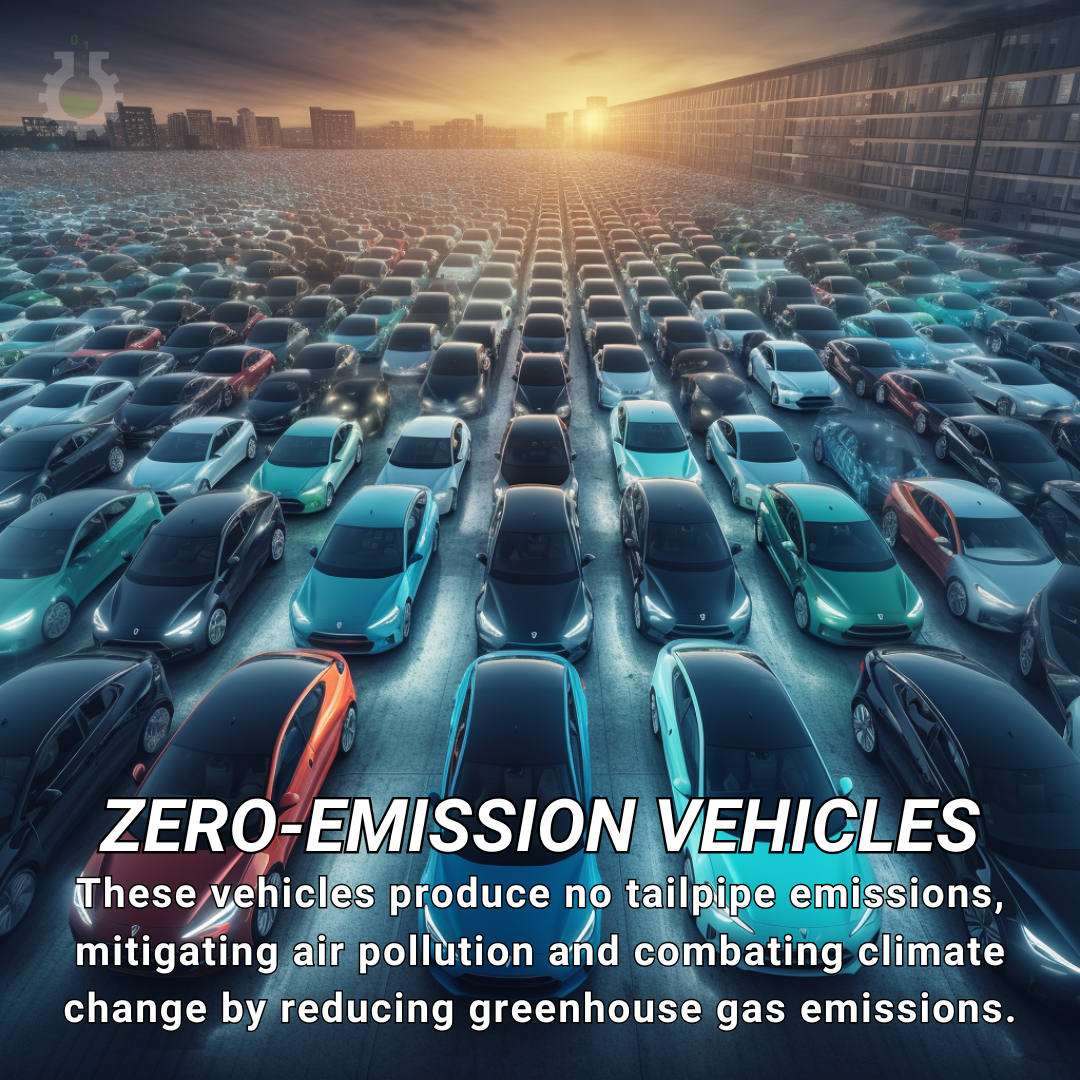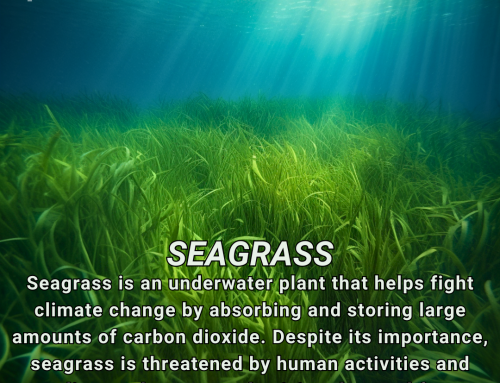
Today’s Climate Change Poster Collection highlights zero-emission vehicles (ZEVs). The rise of has been touted as a cornerstone of environmental sustainability. These vehicles are celebrated for their ability to operate without emitting exhaust gases or other pollutants. However, there is a less publicized aspect to consider. While they do not contribute to air pollution during operation, they are not entirely ‘green’. The manufacturing process and energy carrier creation phases of ZEVs do indeed contribute to emissions.
The term “zero-emission” has come under fire for being somewhat misleading. Critics argue that it does not accurately reflect the full picture, as it neglects to account for the emissions produced during the vehicle’s construction and energy production phase. This is a significant omission, as the emissions produced during the manufacturing process of ZEVs are far from negligible. In fact, some argue that they are comparable to the emissions produced throughout a traditional vehicle’s operating life.
ZEVs encompass a broad range of vehicle types. These include muscle-powered vehicles like bicycles, electric vehicles, and hydrogen-powered fuel cell vehicles. All these variants share the common aim of reducing harmful emissions during operation.
Despite their manufacturing emissions, ZEVs do have the potential to catalyze the progression of sustainable energy sources. For instance, fuel cell vehicles can store energy as hydrogen. This hydrogen can be produced via electrolysis, a process that can be powered by renewable energy sources.
The shift away from traditional petrol and diesel-powered vehicles towards decarbonized modes of transport is gaining traction, thanks in part to the development of electric and hydrogen infrastructure. Digital tools like Charge4Fleets are hastening the implementation of all-electric fleets and charging infrastructure. Large fleet organizations are playing a vital role in this transformation, helping to reduce overall emissions.
Achieving a successful transition to ZEVs is not without its challenges. It requires a significant change in consumer behavior, as well as the provision of adequate charging infrastructure. Additionally, it is crucial that the energy grid is capable of handling the increased demand that will result from widespread ZEV adoption. All these factors must be addressed if we are to fully realize the environmental benefits that ZEVs offer. Despite the criticisms and challenges, it is clear that ZEVs form a critical part of our global efforts towards environmental sustainability.
Discover an inspiring collection of climate change poster.






